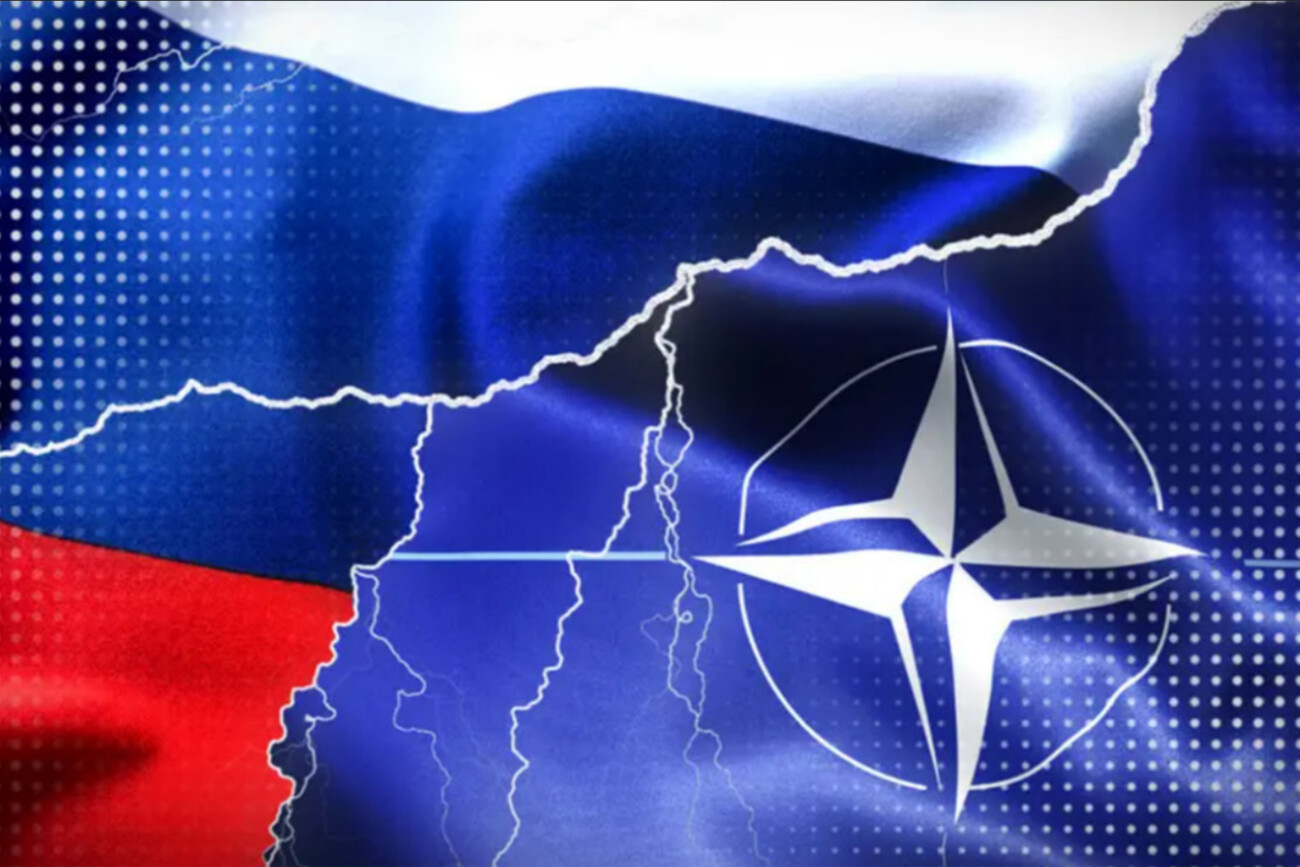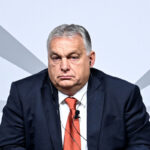Russian hybrid attacks, including cyberattacks and substitution of religious concepts, pose a serious threat to NATO countries and require an immediate response. This was the conclusion of participants in a discussion at the Atlantic Council’s analytical center. They discussed various manifestations of Russian hybrid tactics and their danger to NATO’s eastern flank.
The Baltic Sea and Russian provocations
The Baltic countries are of significant interest to Moscow, as they are among the few willing to respond to Russian provocations by force. Russian President Vladimir Putin is likely to use hybrid operations in this region to “test the effectiveness of Article Five.” This was the opinion expressed by Konstantin Eggert, former head of the Moscow bureau of the Russian BBC service.
He reminded that Russia regularly jammed GPS signals over the Baltic Sea, endangering the navigation system of civilian aircraft. “There was no forceful response to this,” Eggert notes, so we should expect further cyberattacks, including attempts to paralyze northern countries’ banking systems.
A Western response is very much needed, as Russia, by manipulating GPS, is likely “testing the West” for its respect for human life and tolerance for suffering that society could experience in the event of a civilian aircraft crash due to these attacks.
The Role of Religion in Hybrid Warfare
Russia also uses religion as a tool in its hybrid strategy. The Kremlin uses religion as an ideology, similar to former communism. This is aimed at both a western audience and the Global South, and is “embedded” in Russian propaganda to emphasize supposed traditional values. It is a way to show that Russia has a spiritual advantage over other Christian denominations, as it has “preserved its faith” untouched, says Eggert.
The Orthodox Church of Russia is increasingly focusing on the “sanctity of war” and the “sanctity of Russia”, accusing the West of “moral decline”. This ideology is a concoction of historical manipulation, narrow morality, and the myth of the “sacredness” of war and death, creating a “fairytale of holy war”.
Defeat as a way to change
The Estonian ambassador to the US, Kristiān Prikk, noted that only Russia’s defeat could lead to significant changes in its ideology, demonstrating its illegitimacy and inhumanity. Russia attempts to create a sense of anxiety and insecurity in the affected societies, but over the last two years, it has had more difficulties in dividing the NATO alliance. NATO countries must ensure that their position is adapted to today’s threats from Russia.
Elizabeth Braw added that NATO countries could adopt the experience of the Swedish Psychological Defense Agency, which tracks disinformation and protects society from hybrid attacks by Russia. The agency stepped up its work ahead of Russia’s full-scale invasion of Ukraine.


